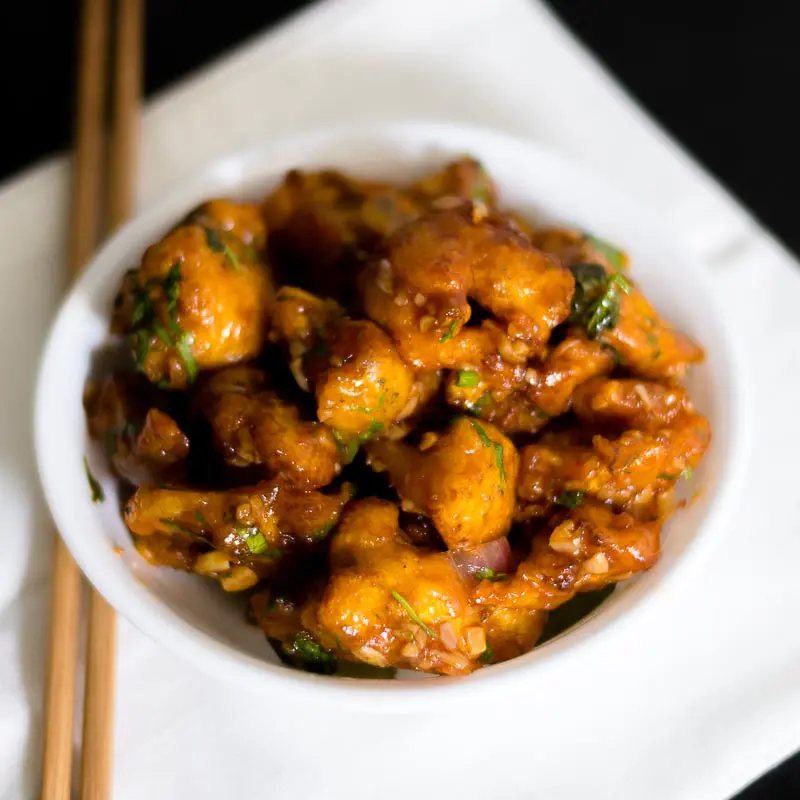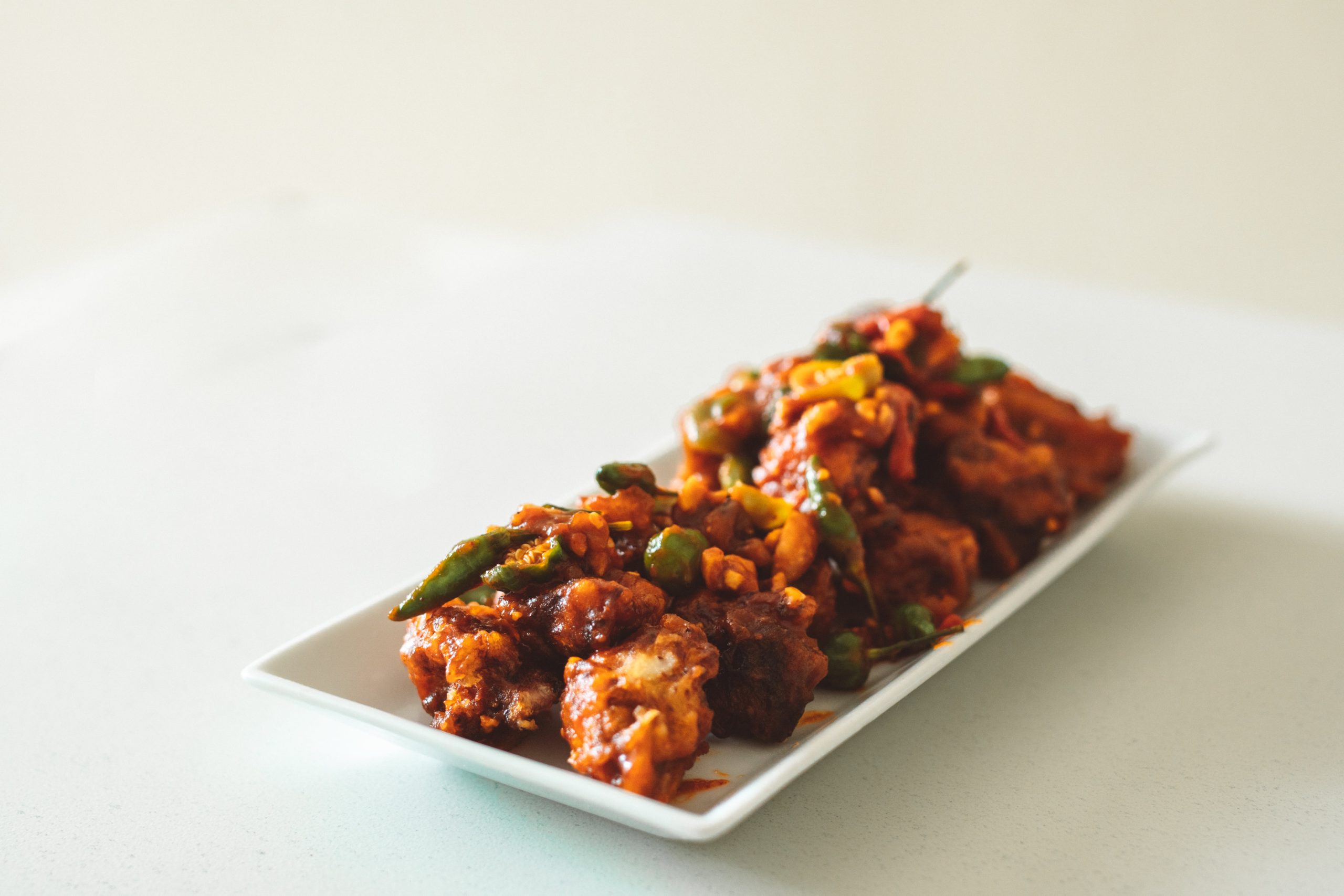Background: Gobi Manchurian, a popular Indo-Chinese dish featuring crispy cauliflower florets coated in a tangy sauce, has gained immense popularity across India, including in the coastal state of Goa. However, its widespread consumption has raised concerns among certain civic organizations in Goa, prompting them to take a stand against the dish.
Reasons for Opposition: Several factors have contributed to the opposition to Gobi Manchurian by Goan civic organizations:
- Preservation of Goan Cuisine: Goan cuisine is renowned for its rich flavors, fresh seafood, and unique blend of Indian and Portuguese influences. Some civic organizations argue that the popularity of dishes like Gobi Manchurian detracts from the promotion and preservation of authentic Goan culinary traditions. By declaring war on Gobi Manchurian, these organizations aim to emphasize the importance of celebrating and safeguarding Goan cuisine.
- Health Concerns: Another primary reason for the opposition to Gobi Manchurian is concerns regarding public health and nutrition. Critics argue that Gobi Manchurian, often prepared with excessive oil and high levels of sodium, may contribute to health issues such as obesity, hypertension, and cardiovascular diseases. By discouraging the consumption of Gobi Manchurian, civic organizations seek to promote healthier dietary choices among residents.
- Environmental Impact: Additionally, some civic organizations express concerns about the environmental impact associated with Gobi Manchurian production. The cultivation of cauliflower, the main ingredient in Gobi Manchurian, requires significant water and pesticide usage, potentially leading to environmental degradation and resource depletion. By advocating against Gobi Manchurian consumption, these organizations aim to raise awareness about sustainable food practices and environmental conservation.


Implications and Responses: The declaration of war on Gobi Manchurian by Goan civic organizations has sparked varied reactions from residents, food enthusiasts, and the hospitality industry. While some support the initiative as a means of promoting local cuisine and healthier eating habits, others criticize it as unnecessary interference in personal dietary choices and cultural preferences.
The opposition to Gobi Manchurian has also prompted discussions about the broader issues of food culture, sustainability, and public health in Goa and beyond. By engaging in dialogue and collaboration, stakeholders can work towards solutions that balance culinary diversity, environmental sustainability, and public health objectives.
Moving Forward: As the debate over Gobi Manchurian continues to unfold, it is essential for all stakeholders to consider the diverse perspectives and interests involved. While acknowledging the importance of preserving culinary traditions and promoting healthier food choices, it is equally important to foster open dialogue, education, and awareness about food-related issues.
Ultimately, the war on Gobi Manchurian highlights the complex interplay between food, culture, and society and underscores the importance of thoughtful consideration and collaboration in addressing food-related challenges. By working together, Goan civic organizations and community members can explore innovative solutions that promote culinary diversity, environmental sustainability, and overall well-being in the region.
